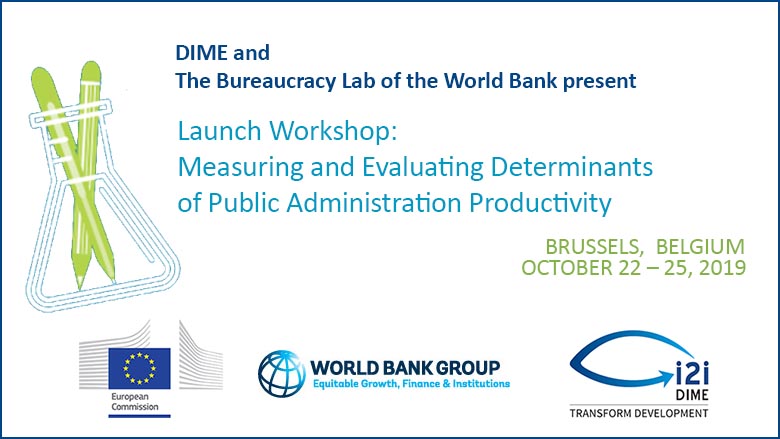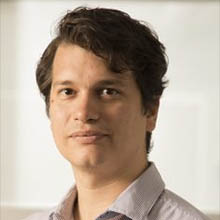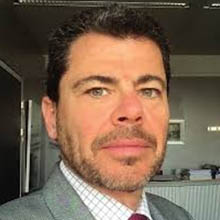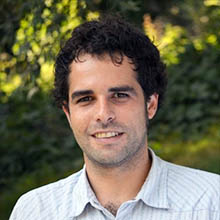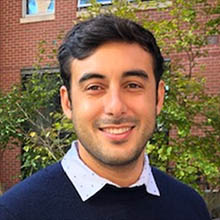This workshop is part of a multi-year project to develop an evidence base on European public administration co-organized by the European Commission’s Directorate-General for Regional and Urban Policy and the Structural Reform Support Service, together with The Bureaucracy Lab of the World Bank. The goal of the workshop is to bring together a number of Member States interested in measuring public administration and corresponding public sector productivity and willing to share their experience in this field. The workshop will work with Member States to develop an impact evaluation that will act as the basis for a comprehensive diagnostic of public administration systems and an evaluation of critical reforms.”
Organized by The Directorate-General for Regional and Urban Policy (DGREGIO) and Structural Reform Support Service (SRSS) of the European Commission together with The Bureaucracy Lab of the World Bank, a joint initiative of the Development Impact Evaluation Unit (DIME) and the Governance Global Practice of the World Bank.
